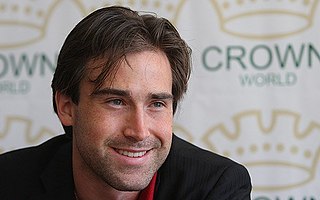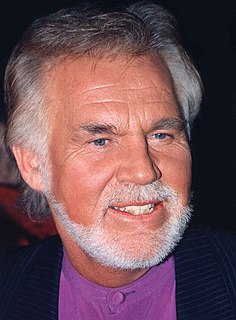A Quote by William Shakespeare
Frame your mind to mirth and merriment which bars a thousand harms and lengthens life.
Related Quotes
Mirth is God's medicine. Everybody ought to bathe in it. Grim care, moroseness, anxiety,--all this rust of life, ought to be scoured off by the oil of mirth. It is better than emery. Every man ought to rub himself with it. A man without mirth is like a wagon without springs, in which one is caused disagreeably to jolt by every pebble over which it runs.
His vision, from the constantly passing bars, has grown so weary that it cannot hold anything else. It seems to him there are a thousand bars, and behind the bars, no world. As he paces in cramped circles, over and over, the movement of his powerful soft strides is like a ritual dance around a center in which a mighty will stands paralyzed. Only at times, the curtain of the pupils lifts, quietly. An image enters in, rushes down through the tense, arrested muscles, plunges into the heart and is gone.
Innocent amusements are such as excite moderately, and such as produce a cheerful frame of mind, not boisterous mirth; such as refresh, instead of exhausting, the system; such as recur frequently, rather than continue long; such as send us back to our daily duties invigorated in body and spirit; such as we can partake of in the presence and society of respectable friends; such as consist with and are favorable to a grateful piety; such as are chastened by self-respect, and are accompanied with the consciousness that life has a higher end than to be amused.
Our merriment must be of that kind (and it is, in fact, the merriest kind) which exists between people who have, from the outset, taken each other seriously - no flippancy, no superiority, no presumption. And our charity must be a real and costly love, with deep feeling for the sins in spite of which we love the sinner - no mere tolerance or indulgence which parodies love as flippancy parodies merriment.





































